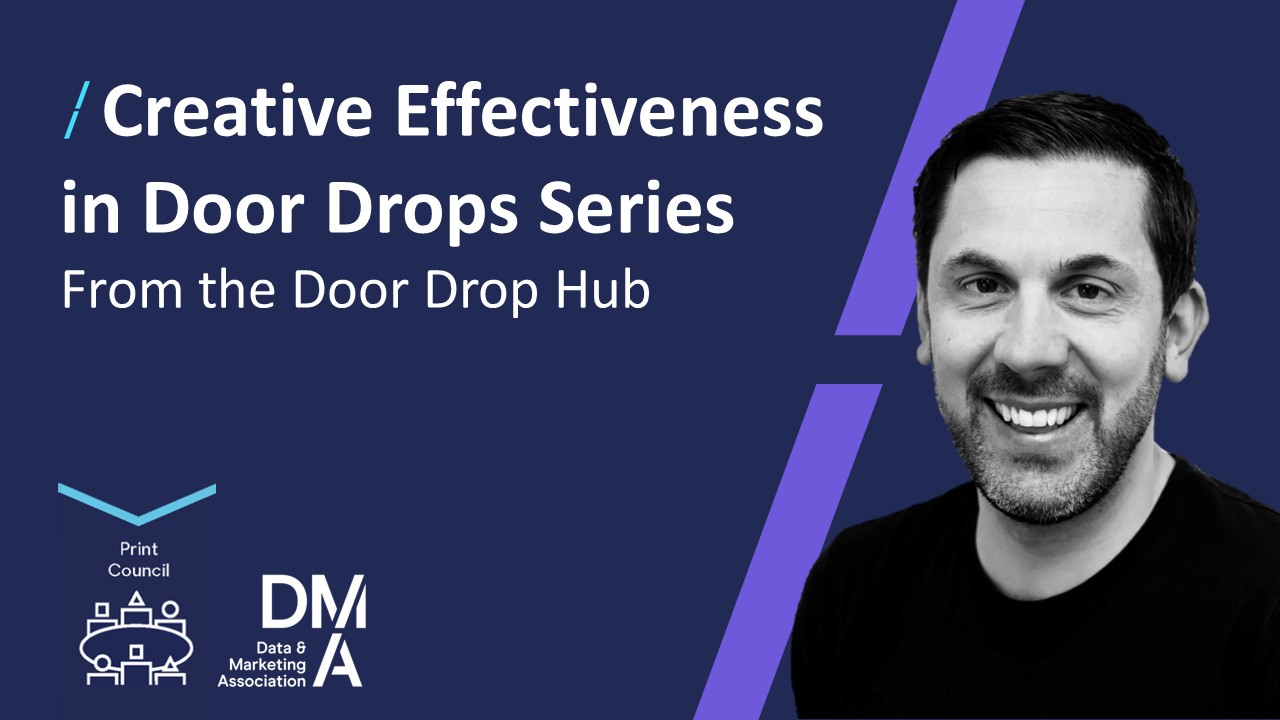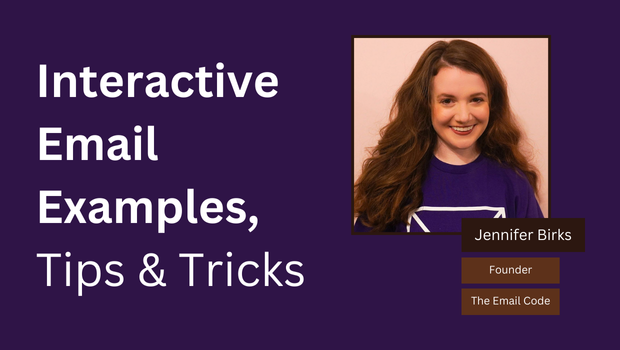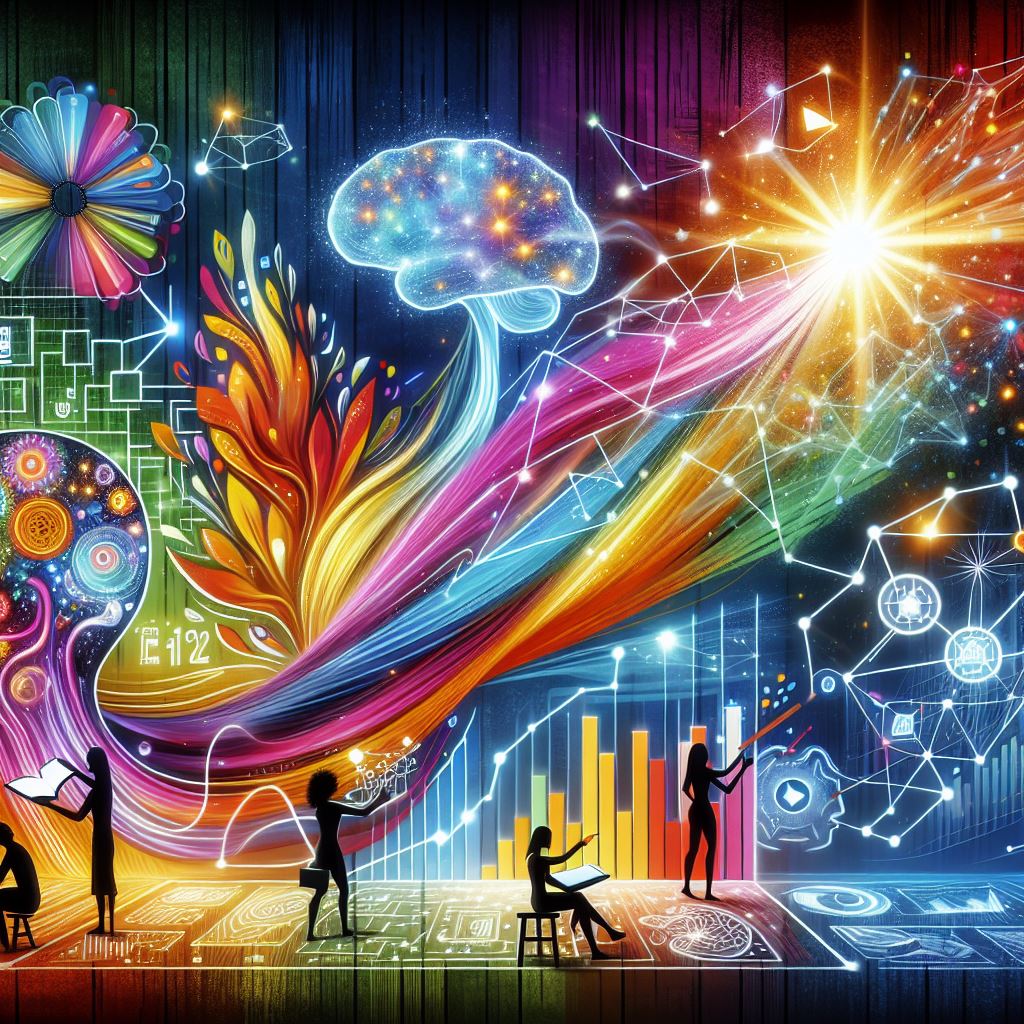A Most Contagious Continuum
23 Jan 2020
.jpg)
Here at pslondon, we’re Futurethinkers – which means we tend not to dwell too much on the past and we love tackling our clients’ problems with well-thought out solutions based on our Futurethinking™ methodology.
But, as we enter a new decade, there’s value in taking a quick peek in the rear-view mirror before we navigate into the bright future, and see what 2019 brought the industry in terms of stellar marketing. That rear view mirror is always made most significant by London’s annual Most Contagious conference. The theme of this years’ marketing and advertising conference aligned with the general themes we’ve seen bubbling in the collective conscious over the past 12 months and were expertly analysed by a team of excellent speakers. From Augmented Reality to Human Connection, Racism to Sustainability, there were a ton of topics covered – at pslondon we love to find the common threads, pull on them a bit and figure out what that means for the future… we’ve unpicked the key takeaways from our experience at Most Contagious, to keep in mind as we wrap up the 2010s.
Hope vs. Fear
“The best-selling brand today is fear” Antonio Guterres, UN Secretary General
2019 started with an ominous affirmation around the widespread fear and mistrust on our planet, and while there was room for fear within the room and within the conversation, there was also room for hope. Our industry’s response to both fear and hope was best summed up by Matt Rivitz, founder of Sleeping Giants (a Twitter-ignited organisation that alerts household brands when their ads appear on sites pushing hatespeech and alt-right agendas), “we want to change the world because we are optimists. But marketing hasn’t changed the world… yet.” A rally cry for the rest of the conference, the optimistic pursuit of work that is relevant, authentic and impactful was a theme across the day – with Gillette’s VP, Europe Shave Care, P&G Int’l Operations Pankaj Bhalla and Grey CCO John Patroulis embodying that interest in their heartfelt look back at the most liked and disliked video in YouTube history – their Gillette “The Best Men Can Be.” A poignant example of hope conquering fear, their vulnerability in discussing the death threats, second thoughts and negative initial responses was an about-face to Guterres’ brand pessimism.
Digital vs. Real Life
“Digital is a membrane over society now. It’s central to how we operate as humans Nick Law, Marcoms Integration, Apple
Digital vs. real life was a big topic in this years’ discussions – as it has been front-of-mind for many. Londoners have seen Douglas Copeland’s statement “I miss my pre-internet brain” pop up throughout the city promoting Somerset House’s 24/7 exhibition. One speaker mentioned that it would take 76 working days to read all the privacy policies encountered in one year.
Yet, of the top 10 OOH advertisers for 2019 over half were digital-focused companies (like Apple, Netflix and Google) and the line between digital and real life becomes more blurred by the moment – with people experiencing emotional connections with AI technologies (as in a recent Invisibilia podcast episode), clothing being developed exclusively for digital wear by Carlings, and the rise of augmented reality in our everyday life. Behind the technology is the overwhelming human need for connection and belonging – two very real-life concepts. Audiences are not passive – they are active and looking for a community and naturally, that community often meets at the intersection of digital and real life.
Profit vs. Sustainability
“We have spent a lot of effort getting people to buy things, but then we don’t necessarily worry about whether they use them.” Cait Lamberton, Wharton Marketing Professor
When an industry is built on profit, how do we reconcile that with the growing movement toward sustainability? This dichotomy was front and centre at Most Contagious this year. With fast fashion called “a monstrous disposable industry” by Greenpeace and the average Briton buying an estimated 26.7kg of clothing each year, the spotlight is on capitalism’s excesses. Consumption consideration has impacted markets globally and as consumers become more conscious of their impact on the planet, so too have brands. It is clear that pragmatic companies aren’t just keeping up – they’re innovating ahead of the consumer’s demand. Kicki Persson and Ingeline Gjelsnes – both Marketing Directors at Carlings - shared the brand-new AR filters for clothing they’ve launched this season. Offering consumers the “last statement t-shirt,” the shirt both offers the option to keep the design evolving online and extends the consumer experience with the piece of clothing long past the initial purchase. It’s marketeers that have the opportunity to push boundaries for clients when it comes to sustainability – and to do it in new ways that aren’t just lip-service. Burger King’s “The Meltdown Offer” in September 2019 aimed to do just that – saving an estimated 320 tonnes of single-use plastic every year, and receiving tons of positive press and public goodwill in the process. The second-hand market is expected to be bigger than the luxury market in 2020… we can see the writing on the wall, and the push for sustainability is only likely to grow.
Advertising vs. Humanity
"Our content was useful to say what they couldn’t say with words.” Gaston Guetmonovitch, Creative Director, Leo Burnett, Madrid
The stand-out campaign creative from a human-centric perspective was Ruavieja’s “The time we have left” from December 2018. The campaign, centered around calculating how long you have left to spend with your loved ones, perfectly illustrates how advertising and humanity complement each other. Born from the idea that a digestive liqueur is for the moments we want to make last longer, the team behind the campaign captured a moment in time where we spend more time looking at our phones than spending time face-to-face with those we love. The impact of the campaign and the virality of the brand association perfectly demonstrated how people want to engage with brands and with each other. When done authentically, advertising engages audiences and expands the emotional resonance of both the brand and the message. This can also be seen in the bold “Go back to Africa” campaign that, at a time when hate crime violence is at a 16-year high, displaced and reclaimed a hateful sentiment to instead ignite a campaign around the adventure of the continent. As Alex Jenkins of Contagious said: “Customers are humans – truly great work must be human-centric.”
It’s not vs.
Perhaps the most salient message of this years’ Most Contagious conference was just this – though we live in a divided world, our lives aren’t black or white. It’s not Digital vs. Real Life, it’s both. It’s not Humans vs. Computers, it’s both. Once we move away from these binaries, be bold and understand we’re on a continuum, advertising AND humanity will benefit – and we might change the world yet.





Please login to comment.
Comments